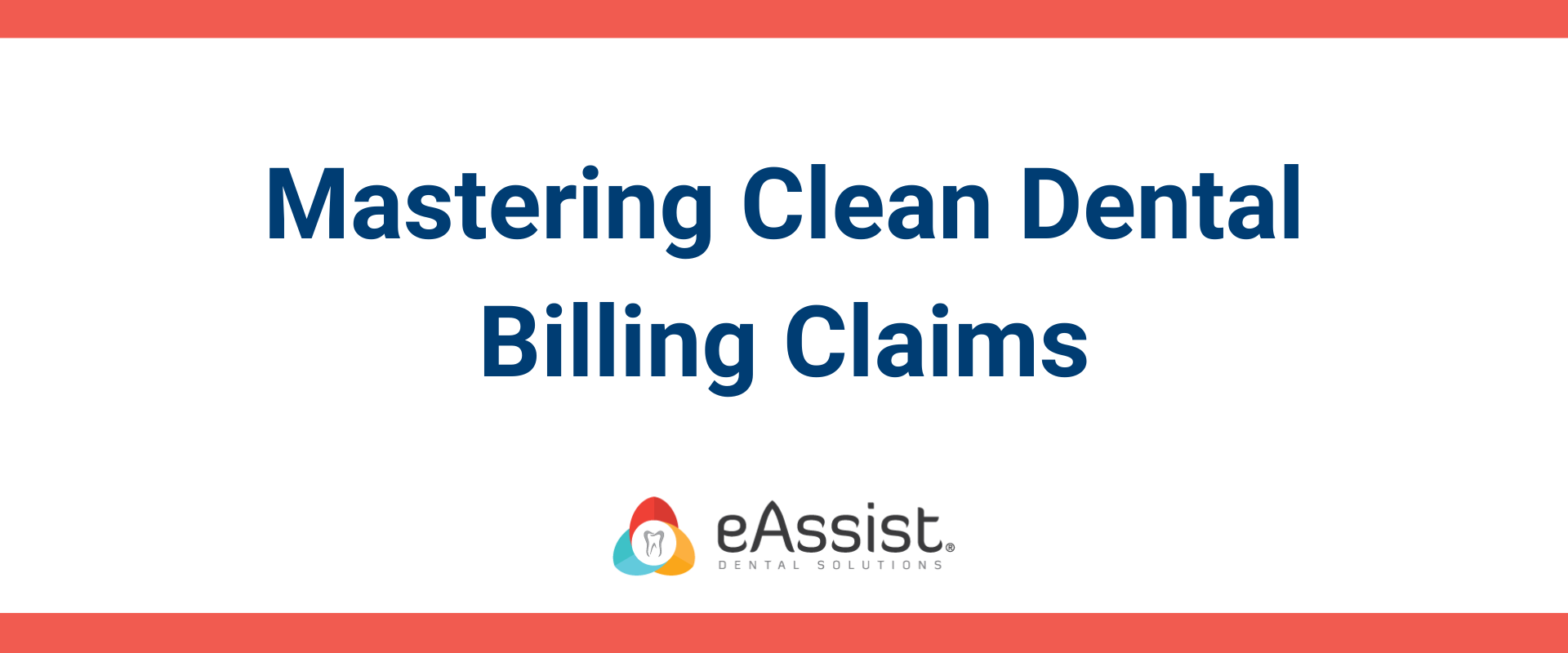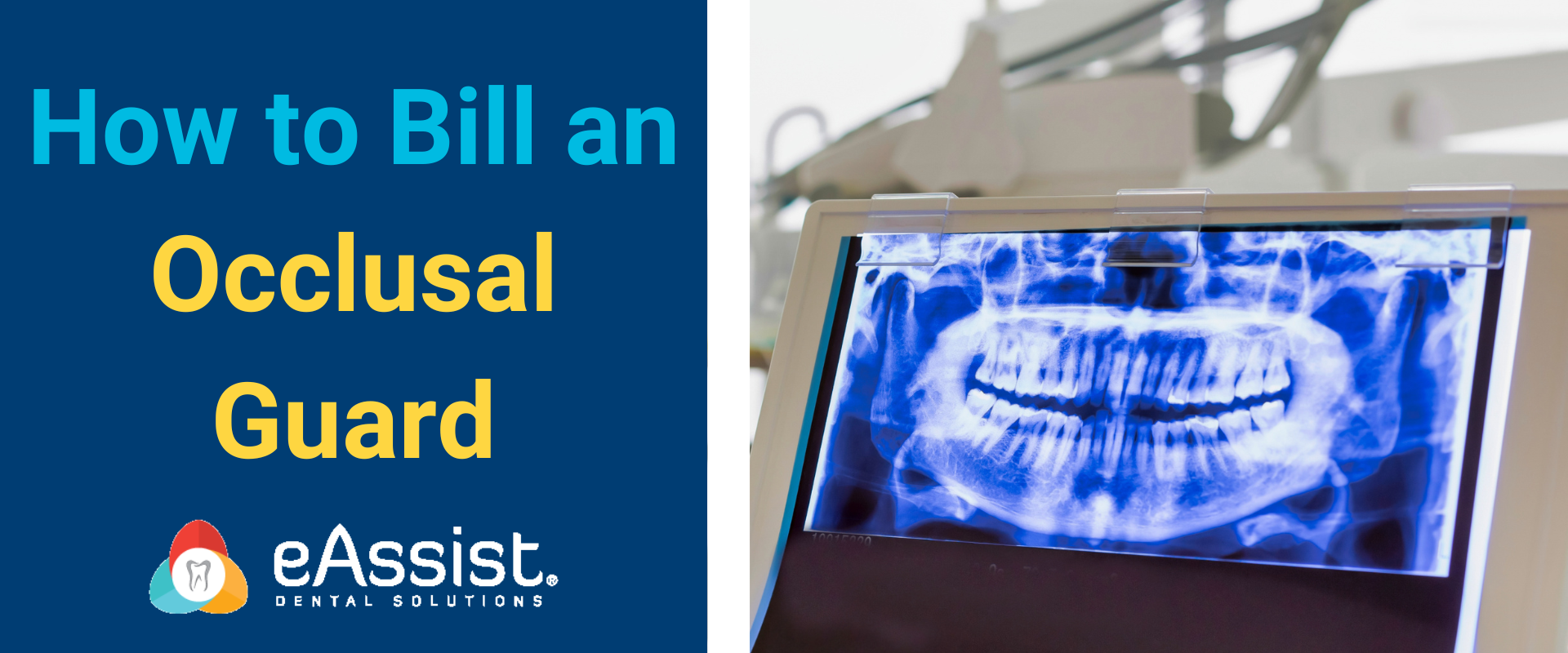By: Tammy Friedman-Lebo, eAssist IT Support
Chit chat in the breakroom can be a good way for staff to connect in a positive way unless it is interfering with daily operations and with communication with the patients.
Daily tasks in the dental office such as opening the office, starting up all the equipment, checking messages, updating the schedule in the computer etc. can be counted on as routine. Most dental office personnel are structured to the point that they want to be able to anticipate their day and not have any surprises. Some may call this being on autopilot. Because the dental clinical day is mostly pre- scheduled with patients and procedures no one wants the upsets that can happen to derail a well-planned day.
Having to talk to patients is a necessity in all dental practices. Dentistry is an extroverted business and by the nature of the services requires better than average communication skills. It is not just about explaining in lay terms the diagnosed treatment it is about making a connection with words that convey confidence, knowledge and caring. Developing these skills depends on the desire to improve patient interaction plus perfecting communication with practice and role play to hone and polish verbal presentations.
It is often observed in dental offices, personnel adept at speaking to patients but lack the same skills when speaking to each other or to the doctor. Communication by conversation in the office can either support morale, efficiency and teamwork or it can undermine all three.
We have all heard the term “constructive criticism” meant to improve behavior and most often delivered by superiors. Communication in the dental office between team members should be fostered as “constructive conversation” meant to pick up on a problem before it gets out of hand or to spot a team member who needs a kind word or a little help with a task to get them back on the right track.
Allowing or encouraging casual exchanges among co-workers can sometimes bring unexpected rewards in terms of creation of better ideas to complete tasks or to take a moment to teach a skill to a co-worker. Oftentimes these exchanges are viewed as strictly wasting time or socializing. Being able to share ideas informally and in a non-threatening way encourages teamwork and a happy team.
The dental environment is highly structured where being on time and running on schedule is a priority. There is seldom any time for exchanges between team other than what is concerning a patient. This kind of rigidity can be stifling for those that are creative and want more connection with their peers.
If you are a manager or the CEO dentist, the brief conversations that you have throughout the workday give you a chance to take the internal pulse of the practice where you can pick up on concerns before they become problems and be proactive instead of reactive to issues that affect the team performance.
This more positive approach helps the dental team feel supported instead of thwarted. In creating improved constructive conversation do the following:
- Keep conversations brief and casual unless it is directly about patient care that day.
- If appropriate, include a word of appreciation to the team member about something positive that you observed or perhaps that you noticed they were in a cheery mood that day and how the patients like that
- Talk to your team the way you would like them to talk to you and you will gain more respect.
- Emphasize areas of agreement on issues affecting the practice.
- Pay special attention to new staff members making sure that they are being trained and are welcomed to the team.
Don’t do the following:
- Don’t be doomsday downer, it makes people feel small and stifles creativity. Use a more sensitive approach to criticizing an idea that you feel is not the best way to do something. Bring data and research to the table to prove a point.
- Encourage ways to change things that just aren’t working. Change is inevitable but can be challenging for some people.
eAssist Helpful News and Billing Tips; Edition #119







0 Comments